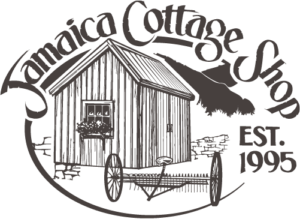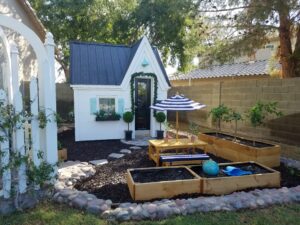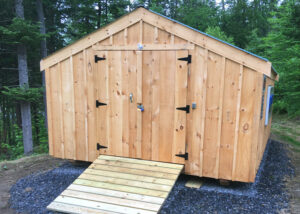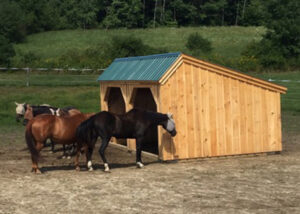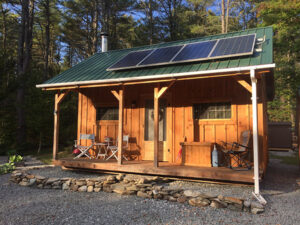Chances are you’ve seen an emu before, but maybe didn’t know what it was called. You probably remembered it though – they are big, impressive birds. But these aren’t just zoo animals! Many people across the USA keep these prehistoric-looking creatures as pets. If you are interested in having a pet emu to call your own, we’ve created this handy guide to tell you the ins and outs of owning emus.
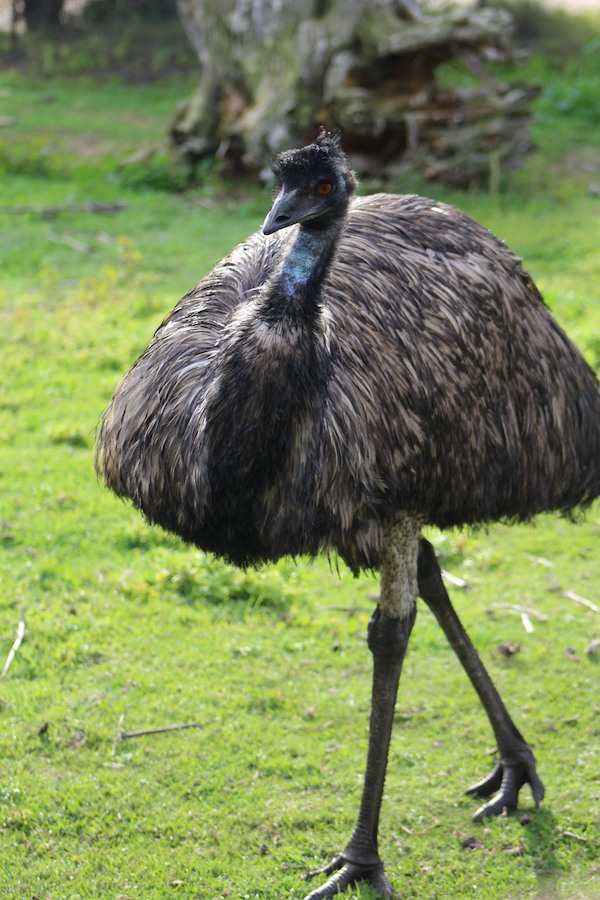
What is an Emu?
An emu is a large, flightless bird that is native to Australia. They are related to the most famous flightless bird, the African Ostrich. Other birds in the same group as emus and ostriches include rheas, cassowaries, and the kiwi.
Emus have very small wings compared to their bodies, and use their long, powerful legs to get around. They are fast too, clocking in at speeds of up to 30 miles per hour. With their long necks, they can also reach heights of up to 6 feet, and weigh between 100 and 150 pounds. If you are looking for a long-term companion, an emu is a great option. They typically have a lifespan of 30 years, but can live even longer.
Emus have been kept as domestic animals for a while, and can be raised as a food source, or just kept as very unique pets. They are considered livestock by the USDA, and because of this, there are some special regulations on how they should be kept. Your local government may also have some rules and restrictions on where they are allowed to be housed. Be sure to read up on the guidelines in your town and state before you start the purchasing process.
It is good to raise emus in pairs. Keep a male and female as a couple together if you want to produce eggs. Emus lay eggs once a year, and can lay anywhere from 20 to 40 eggs per season. Male emus aren’t deadbeat dads: they’re actually the ones that incubate the eggs! Emu eggs are a beautiful blue-green color, and they are about equivalent to 10-12 chicken eggs. If keeping an emu as a pet sounds like something you’d love to try, read more to learn how to get started.
Preparing Housing for Your Emu
The first step in preparing housing for your emu is to pick the right spot with enough space to build your emu enclosure. Breeders typically house pairs of emu in 1000 square feet of space, but for very happy birds, consider giving them even more area to enjoy. An acre of land can comfortably house around 10 pairs of emu. Don’t bother adding concrete or any other flooring to the enclosure – emus like open ground to scratch and peck at.
When deciding where you want to place your emu enclosure, you will want to make sure that it can be properly fenced in. Because emus are quite tall, a minimum fence height of 6 feet is recommended. Emus can climb fences, so a no-climb fencing style is highly recommended. Chain link fencing can also be used. Make sure your fence posts are sturdy enough that your birds can’t knock them over.
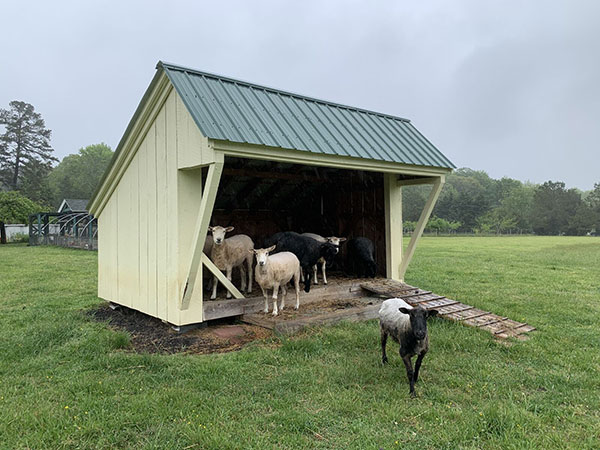
You may be surprised to learn that you can keep emus in a wide range of climates! They are able to maintain their body temperature well, even if it is below freezing. This is because their fluffy feathers can be puffed up to keep them well insulated. They can tolerate temperatures below 23 degrees Fahrenheit, but it is best to avoid long-term exposure to extreme cold.
Because emus are cold tolerant, for most regions, adding an open, three sided shelter is all that is necessary. Our Run-In or Camp Alcove are good examples of this. Place pine or straw bedding around the shelter to make it more comfortable. The nice thing about these open shelters is that the emus can access them at any time, and can provide comfort in both the cold and the heat.
If you are used to extremely cold winters, you will probably want to add a barn or other shelter to give your emus a warm and cozy place to cuddle up. Since emus are quite tall, make sure your shelter has doors that will allow them to go in and out easily. Adding deep bedding and an infrared heating source will help them stay warm on the coldest of days. Don’t keep your emus inside all the time, even if it is chilly outside. They like to roam around! A large building like our Weekender can provide both an open sided shelter and an enclosed shelter in one building. Note that when it is cold, an emu’s metabolic rate increases to help it stay warm. You might want to provide it with extra food in the winter!
Some of our loyal customers at the Renaud farm keep emus, along with geese, ducks and chickens. Watch this video to have a look at their emu enclosure.
What do Emus Eat?
Emus can eat a wide variety of foods. Ideally, their diet should have around 15% to 20% protein content. This can easily be achieved by using a specialized food source such as ratite pellets. Owners also report using chicken feed and dog food as the primary staple of their birds diet. Expect your emu to eat about 1.5 pounds of feed per day. Don’t feed your emu a primarily grain-based diet, especially one that is mostly corn kernels. Corn specifically is hard for emus to digest, and is not very nutrient rich.

Adding supplements to your emus food is a great way to give them some variety, add nutrients, and even reduce your food waste! Alfalfa pellets can be used a dietary supplement and provide a great amount of fiber. Emus can eat most of the foods that humans can eat, which is great news for reducing food waste. Fruit and vegetable scraps are ideal snacks for emus. They are also able to eat meat as well, but don’t go overboard with the hotdogs and hamburgers – save big treats for special occasions.
Water is extremely important for emus. Make sure they have ample fresh water at all times. They are very active animals, and because of this, they can drink up to five gallons a day! It’s a good idea to place your emus food and water containers inside the shelter you provide for them.
Raising Emus
You can purchase emus from breeders. It is a good idea to research the reputation of the breeder before you buy your birds. If you plan on raising emus as human-friendly pets, it is best to purchase a very young chick (from 1 to 7 days old) or to incubate and hatch eggs yourself. We also recommend that first-time emu owners raise their birds from chicks. Emus are quite large, and can be dangerous if rookie keepers do not give them the respect and space they need. An emu raised by humans will naturally be more friendly and docile. If you want a friendlier bird, buy a male emu: they are known to be a bit tamer than females.
If you hatch baby emus, they will imprint on you and follow you around like ducklings. You can raise very young baby emus inside your house. It is best to feed them a ratite crumble diet when young, which you can place in a bowl with shiny objects nearby to attract them to the food. They grow quite quickly, and after a few weeks will be ready to be introduced to their outside enclosure. While they are still small and young, they may be vulnerable to predators, so make sure your enclosure will keep them safe while they are maturing. Emus reach adult sizes at about 5-6 months, so it won’t be long before they can fend for themselves.
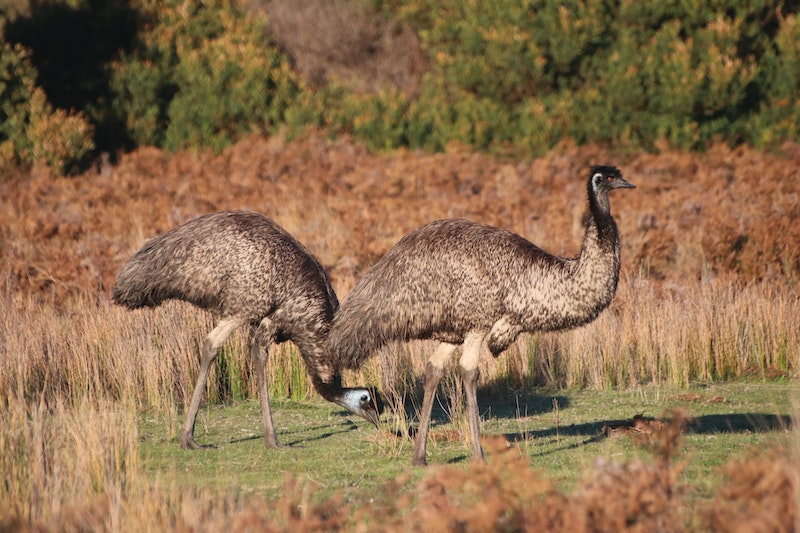
It’s important to make sure your animal can get proper veterinary care, if needed. Keep an eye out for signs of illness, such as a lack of appetite, weight loss, diarrhea, droopy eyes, and discharge from the nose. If your emus are injured or not feeling well, call a vet that specializes in livestock or in exotic animals. They often can make house calls, so you won’t have to worry about having to transport your emus. If you need to travel between states with your emus, a health certificate and veterinary check are necessary.
Conclusion
If you have the space, and an interest in exotic animals, having a pet emu might be a great choice for you! Of course, plan everything out in advance before you choose to purchase your birds, because buying an emu is a big investment, and you want to set yourself up for success. Owning an emu means that you get to enjoy having a unique and majestic pet and companion for many, many years. And if you happen to build your emu’s habitat with a Jamaica Cottage Shop building, please send us some pictures!

